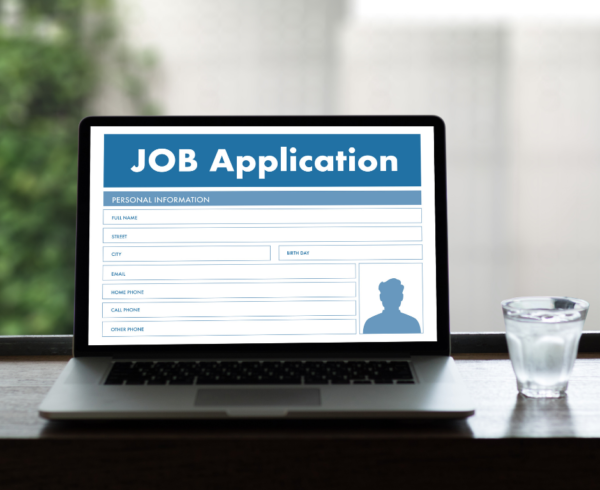Filling an open position is a very time-consuming activity for employers, so many opt to conduct first-round phone screenings. An effective way to conserve resources, this allows the interviewer to quickly determine your fit for the job.
If they think you’re a good match, you’ll be invited to the office for an in-person interview, but if not, you’ll be cast aside. Consequently, you need to treat the phone screening just as seriously as a traditional interview, so you don’t ruin your chances of advancing to the next round.
1. Be Prepared
Many candidates make the mistake of treating a phone interview as a mere formality, but it’s not. Prepare for this type of interview just as you would with a traditional one, because it’s just as important. Research the company, have to responses to common interview questions ready, make a list of questions to ask the interviewer, and even dress to impress —looking professional will make you feel more confident.
2. Send Requested Materials
If prior to the interview you’re asked to send any supplementary materials (e.g., your portfolio or a reference list),complete this request before the meeting. Depending on what you’re asked to provide, this could help the interviewer learn more about you. At the very least, promptly sending all additional documents shows you’re an organized person who can be relied on.
3. Display Outstanding Listening Skills
Just as with a standard interview, the person you’re speaking with will likely start the interview by offering an overview of the company and the position itself. Interrupting won’t score you any points, so remain quiet and pay attention while they’re speaking. You’ll have plenty of time to talk when you’re given the floor.
4. Ask Questions
There’s a point in every job interview when the tables are turned and you’re able to ask questions. Just as in a traditional interview, it’s very important to have at least a few questions prepared, because remaining mum sends the impression you’re not interested. As noted above, it’s wise to go into the interview with a list of questions, in case your nerves cause your mind to go blank.
5. Sound Enthusiastic
No one wants to hire a candidate who doesn’t seem excited about the job. Display enthusiasm by using an upbeat tone of voice, highlighting your continued interest in the job, and ending the interview by asking about the next steps. This will send the message loud and clear that you’re passionate about the work and truly want the job for the right reasons.





















